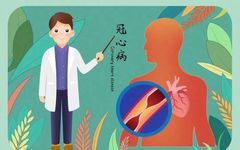Dan Shen: The Cleaner of Blood Waste
Many friends have heard the saying: “One dose of Dan Shen decoction is equivalent to Si Wu Tang (Four Substance Decoction).” Today, let’s talk about this herb, Dan Shen. Si Wu Tang invigorates and nourishes the blood, and is well-known as the primary formula for blood replenishment. The fact that one dose of Dan Shen … Read more








